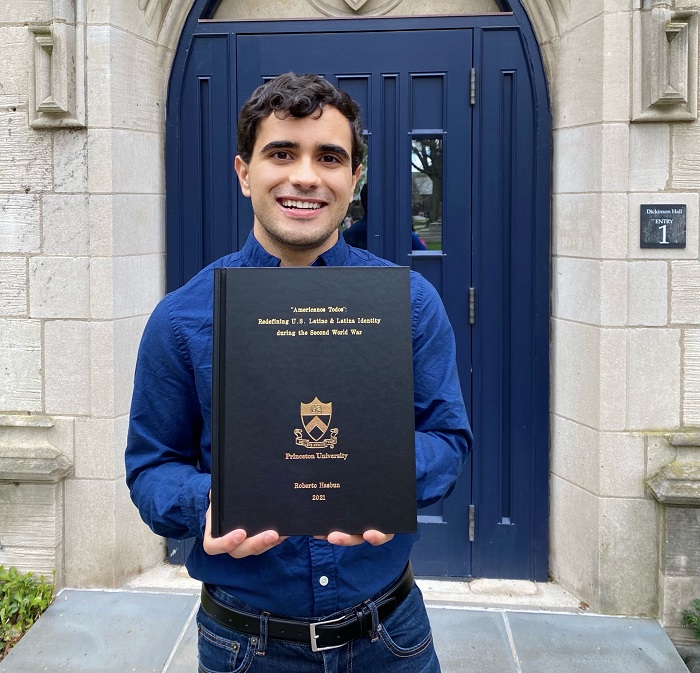When I was an incoming international first-year student, I remember being super excited about Princeton but also having lots of burning questions about arrival. I wondered to myself, will I need to open a bank account? Where should I buy school supplies? What type of phone plans exist in the United States? I decided to create this four-step guide of my experience in order to help incoming international students with their transition.
Step One: Open a Bank Account
Getting a debit card is crucial to help you pay for expenses and having a U.S. bank account will make it easier to receive money from international currencies. While you will have to build up credit in order to apply for credit cards, it is always good to start by opening a bank account and build a relationship with that bank so that you can later secure a credit card. PNC Bank has a branch located just in front of the University, I highly recommend going there first!
Step Two: Get a SIM Card
It is important to have a U.S. phone number and some type of data plan. While on campus, you won’t need cellular data because you can use the University’s wifi. However, when you go off campus or to New York City, it is always a good idea to have internet access. Verizon, AT&T and Mint are all good options. During International Orientation, phone companies come to campus to help open up accounts, so be sure to be on the lookout for that!
Step Three: Find Dorm Furnishings
While many domestic students are able to bring basic living supplies from their home, international students basically start from scratch. You won’t have to buy any big furniture such as bed frames and closets, as those will already be in your dorm room. However, you will want to get pillows, bed sheets, a mirror, writing supplies, etc… I recommend the U-Store which is located on campus if you prefer convenience and Target if you want more variety in options.
Step Four: Prepare for Classes
With a phone, debit card and a furnished dorm room, you are all set to start your Princeton undergraduate career! In terms of preparing for classes, you will want to check what textbooks are required so you can get them at the local bookstore, Labyrinth. You can always borrow books at Firestone library if they are available, or sometimes professors will upload digital versions of the reading material.
These are just a few steps that helped me as an international student at Princeton. I understand how daunting it could be to move to another country, but with these steps and the assistance you’ll receive during International Orientation, you will be well on your way to making Princeton your second home!







